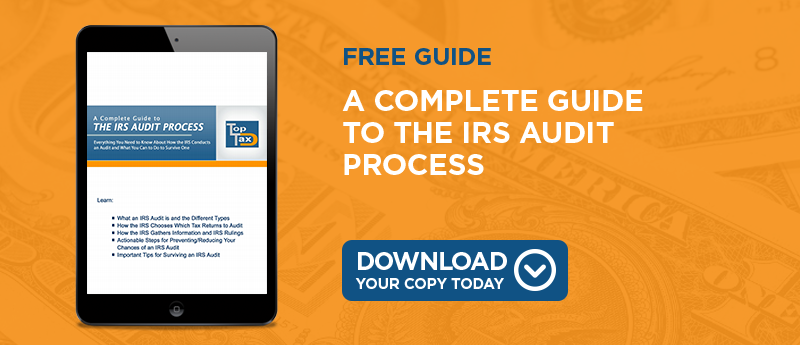
Taxpayers who are selected for auditing by the Internal Revenue Service may not know that they have the option to appeal the agency's findings. Those who do appeal have the opportunity to defend themselves in tax court. While the idea of defending yourself against the IRS can be daunting, appearing in the tax court doesn't have to be a frightening experience. If you decide to appeal your audit findings, learning about the tax court process can help you prepare for making your case.
What is the Tax Court?
As the name implies, tax court is an actual legal court that is reserved simply for the hearing and disposition of tax-related matters. However, the "court" is not a single place where you go to defend your tax case. Rather, the court is made up of 19 judges who travel around the country to hear tax issues in various cities. When you appeal the findings of an IRS audit, your case will be heard in tax court. If your audit involves a judgment of less than $50,000, you can request that your case be assigned to small case tax court, which is reserved for smaller audit cases. While this may help you receive a decision faster, you won't have the ability to appeal the verdict if you opt for small case tax court.
Getting Your Own Legal Representation
You have the option to hire representation to defend your case in tax court, just as you would in a court of criminal law. Many taxpayers bring along their accountants, but if you decide to do so, be sure that you hire a certified public accountant (CPA) or, even better, an enrolled agent (EA). A CPA can help you put together a comprehensive case, and an EA can provide you with the tax expertise to strengthen your arguments. A tax attorney may also represent you during your tax court hearing.
How to Prove Your Case in Tax Court
The best way to prove your case in tax court is to bring supporting documentation for your claims. The burden of proof in the court rests with the IRS, so if you can substantiate your claims, the agency has the responsibility to disprove the legitimacy of your statements. As long as you have receipts that back up your income and deductions as reported, you have a good chance of winning your hearing.
Going to tax court to appeal an IRS audit can be stressful, but if you take the time to learn about what happens in an appeal hearing, you'll be better prepared to present your side and accept the judge's findings.




